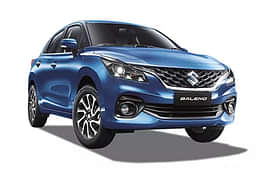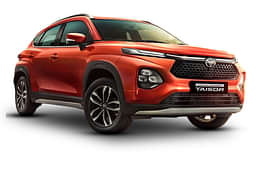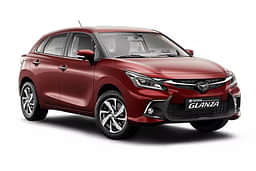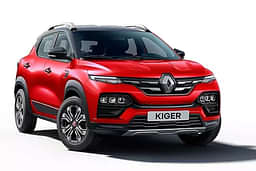
KEY HIGHLIGHTS
- BS7 emission norms said to be in the works
- BS7 and the CAFE-3 norms to be implemented soon
- Could provide a boost to EV adoption
While the Indian automotive industry made peace with the BS6 Phase 2 emission norms with all players abiding by the set standards, the next phase has been chalked out. Yes! BS7 emission norms are currently under work and are being pushed for an early adoption. More details await you in this section, but before that, make sure to join our 91Wheels WhatsApp Group community of petrolheads to never miss out on any updates from the automotive world.
Also Read- Upcoming Force Gurkha 5 Door Interior Teased: Features Revealed
BS7 Emission Norms In The Work
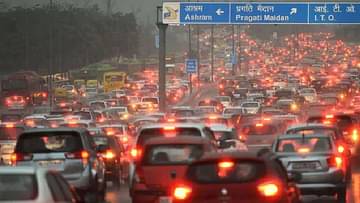
In a bid to check the rising pollution levels in the country, the government implemented the BS6 Phase 2 emission norms. While it saw the Ford Endeavour 3.2-litre engine getting axed and the Force Gurkha 3 Door to be temporarily halted whereas the Tata Altroz diesel engine managed to very narrowly brush past that, the government is now working on even stricter BS7 emission norma and the CAFE-3 norms.
India's Bharat Stage (BS) norms align with the Euro emission standards implemented in Europe. The European Commission has proposed the Euro-7 standards for cars by July 2025 and for buses and lorries by 2027. India's embrace of these standards is pivotal not only for emission reduction efforts but also for enabling the export of vehicles produced under the 'Make in India' initiative for export to European nations.

The path towards BS7 emission norms (equivalent to Euro-7 standards) involves collaboration between key players. Oil companies will need to upgrade fuel quality, while automakers may face substantial investments to comply. The Ministry of Road Transport is already in talks with stakeholders to define the roadmap for BS7 implementation.
Corporate Average Fuel Economy (CAFE) norms are another weapon in the fight against pollution. These regulations, implemented in stages, set emission targets for car manufacturers. This policy incentivizes production of fuel-efficient vehicles, ultimately leading to a cleaner and more sustainable transportation sector.
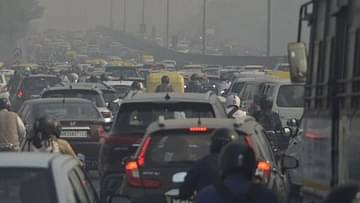
Moreover, The implementation of stricter emission and Corporate Average Fuel Efficiency (CAFE) regulations is anticipated to accelerate the uptake of electric vehicles in India. With the transportation sector being a major contributor to CO2 emissions and urban air pollution, these initiatives are essential for addressing environmental concerns.
Verdict
The newer BS7 emission norms will be a good step for the enviromnent but is generally a anightmare for the stakeholders as it generally comes tagged to large scaler operational challenges. How fluidly or roughly the industry will adapt remains to be seen only after a complete plan is laid out public. However, after aligning with the BS6 Phase 2 norms, which was no easy feat, automakers are now well-versed with these large scale pivotol mandates.

